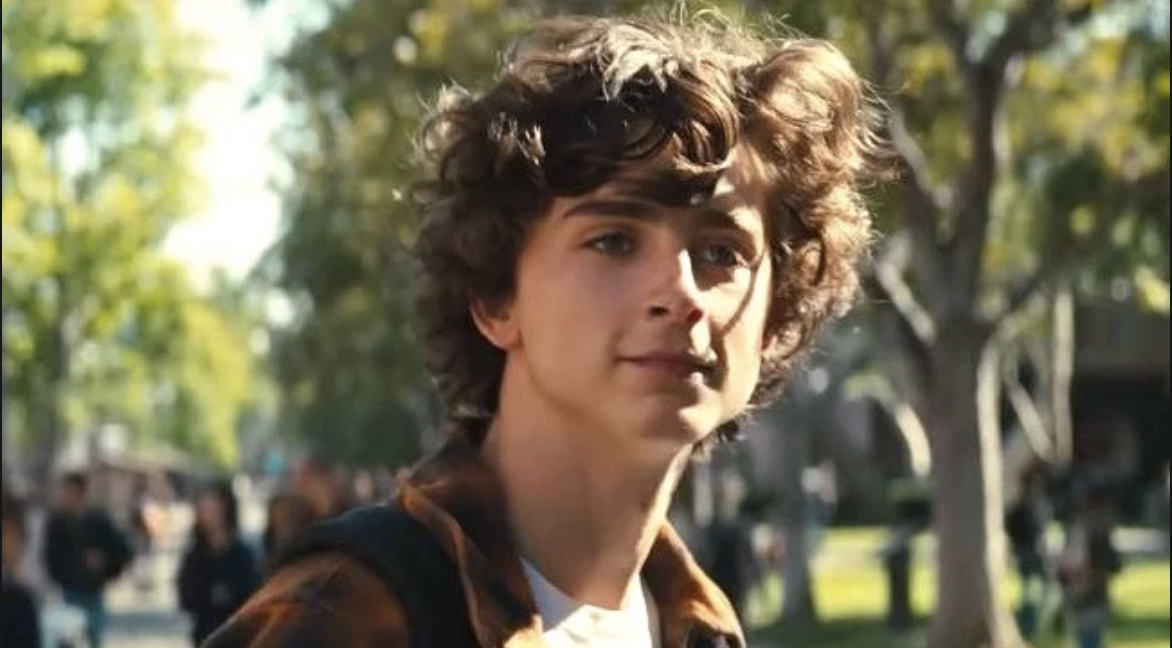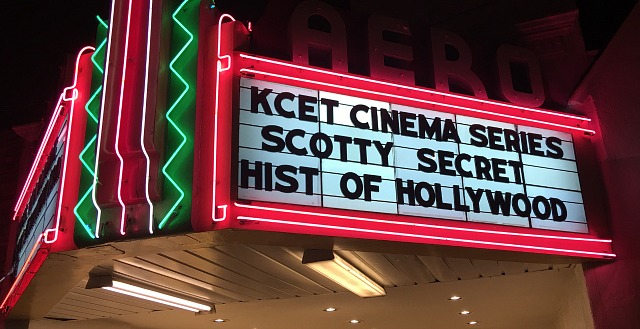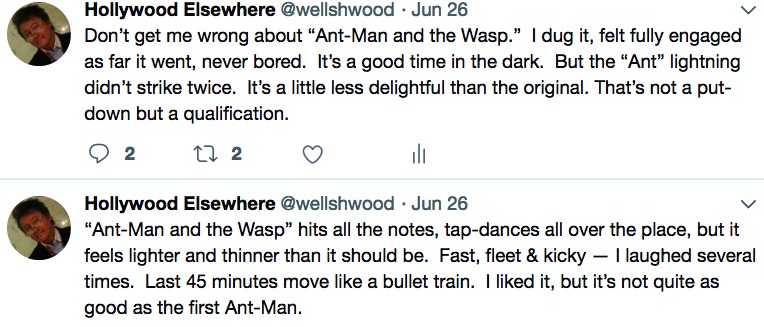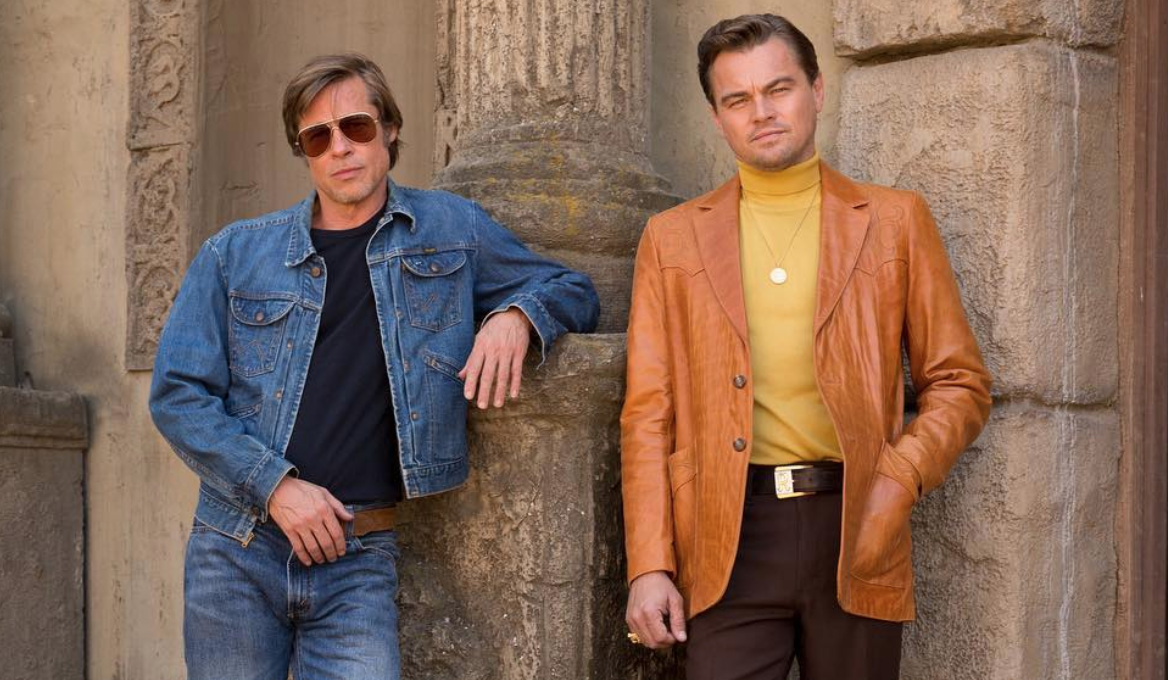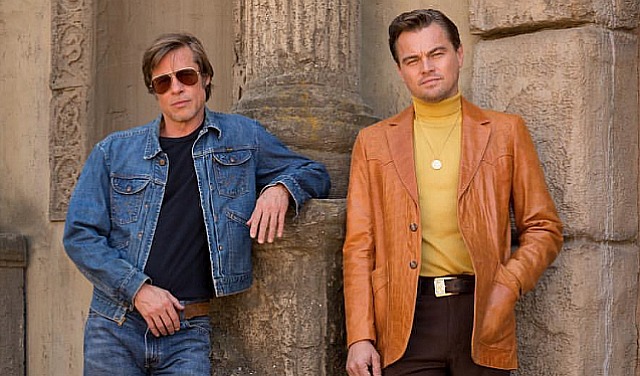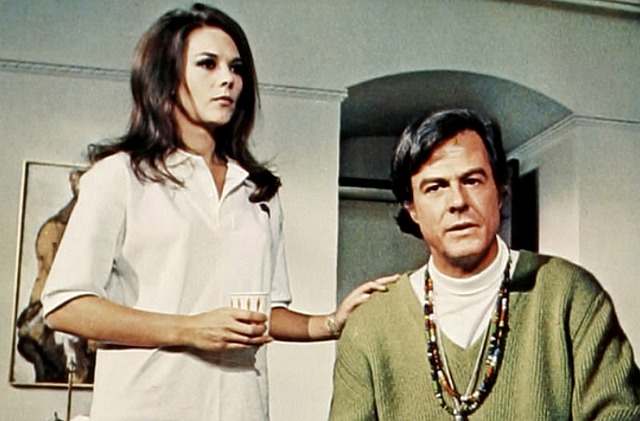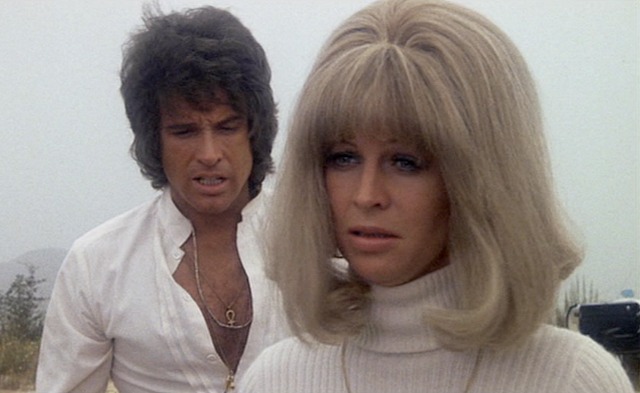Last night HE correspondent David Chien attended a special 70mm mag-track screening of James Cameron‘s The Abyss (’89). Fox Movie Night, 6:30 pm, Zanuck theatre on the Fox lot. Thanks to Schawn Belston and James Finn for the invite. Here’s David’s report:
“The Zanuck was about half-filled. I haven’t been in this theater in over a decade — last time was for a weekend screening of X-Men: The Last Stand with the screenwriters in attendance. The theater is nice and cozy and state-of-the-art. In particular, its sound system holds up quite well. The space reminds me of the Aero in Santa Monica but with better upholstery and vibe. I have a soft spot for screening venues (such as the Academy Theater) at which food is prohibited.
“As people were filing in, a slideshow/video was projected (digitally) on the screen, featuring details about 35mm-to-70mm conversion on a projector as well as production photos and quotes about The Abyss. One that stood out: Gale Anne Hurd stating that this was the hardest film she ever made (I believe it). One fact that stood out: The Abyss was the first film of its kind to record sync-sound while actors were submerged in water (the weight of this achievement had not occurred to me as deeply until last night during the actual show).
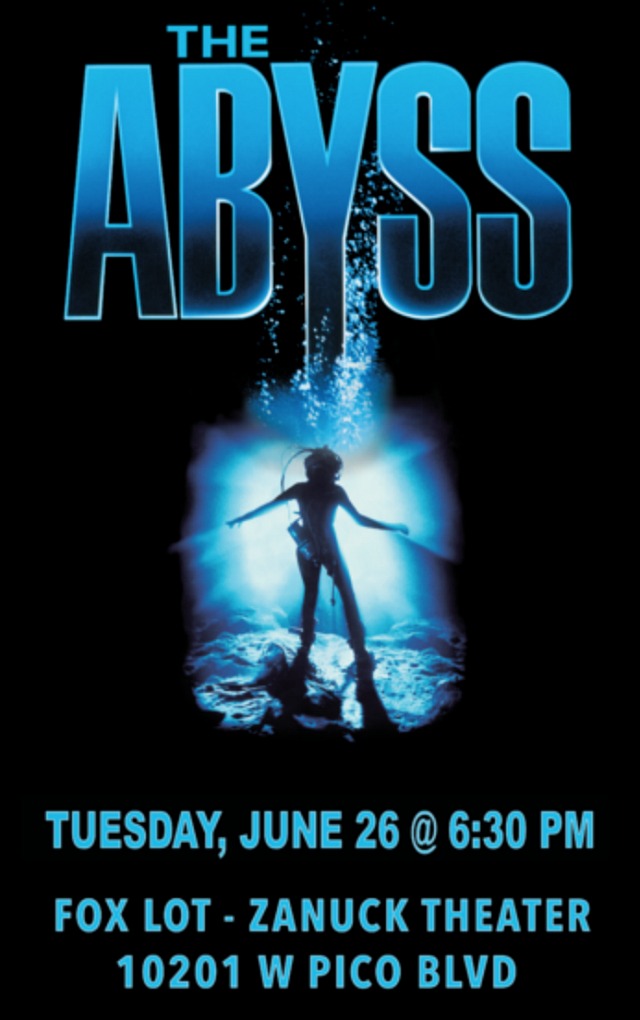
“The screening started on time. Finn nd Belston shared additional details about the screening. The 70mm print used last night is especially rare as Kodak no longer produces this type of acetate film stock. Also, as a 6-track mag print, the analog sound associated with this version of the film is rather unique. For this Fox Movie Night event (something specifically for Fox employees and their friends/family), the planning took months. Apparently, the projectionist spent weeks to adjust picture and sound. On the website, in70mm.com, I located The Abyss projection letter, signed by Cameron and Hurd, on which they explain the importance of brightness and volume. I suspect the projection team at Zanuck studied such notes.
“The 70mm print still had the Cineplex Odeon logos and two Fox trailers attached. First up was War of the Roses. It was immediately apparent how damned loud the presentation would be (for me, a good thing, as I enjoy that kind of immersive volume). Then, there was a largely text-based teaser (one which I had never viewed) for Die Hard 2. Its punchline moment had the theater laughing.
“This was the theatrical cut of The Abyss. Like other films of the era — Aliens, Terminator 2, JFK, The Professional — I usually leaned towards the shorter versions. From a theatrical perspective, the tighter pacing and focused narrative play better for me. I feel the same about Close Encounters, which of course The Abyss owes a great debt. I also noticed this time how much of The Abyss was appropriated by Interstellar. Nolan was there last night, by the way — sitting dead center in the front row, Tarantino-style, for the most immersive journey.
“What can I say about The Abyss? I grew up watching it many times, with my father, via several editions of laserdisc sets. CLV and CAV, theatrical and extended, pan-and-scan (Super 35mm formatted) and letterboxed. It is a technical marvel, Das Boot meets Close Encounters. The last time I watched it — and the only time theatrically — was at the Aero, in fact, back during the summer of 2009. We were promised a 70mm print of both The Abyss and Aliens. If memory serves, that night it was only a 35mm of the former but a beat up 70mm of the latter. And Cameron was there and made an awfully funny joke about Michael Mann being way more of a pain on set than he.
Read more


